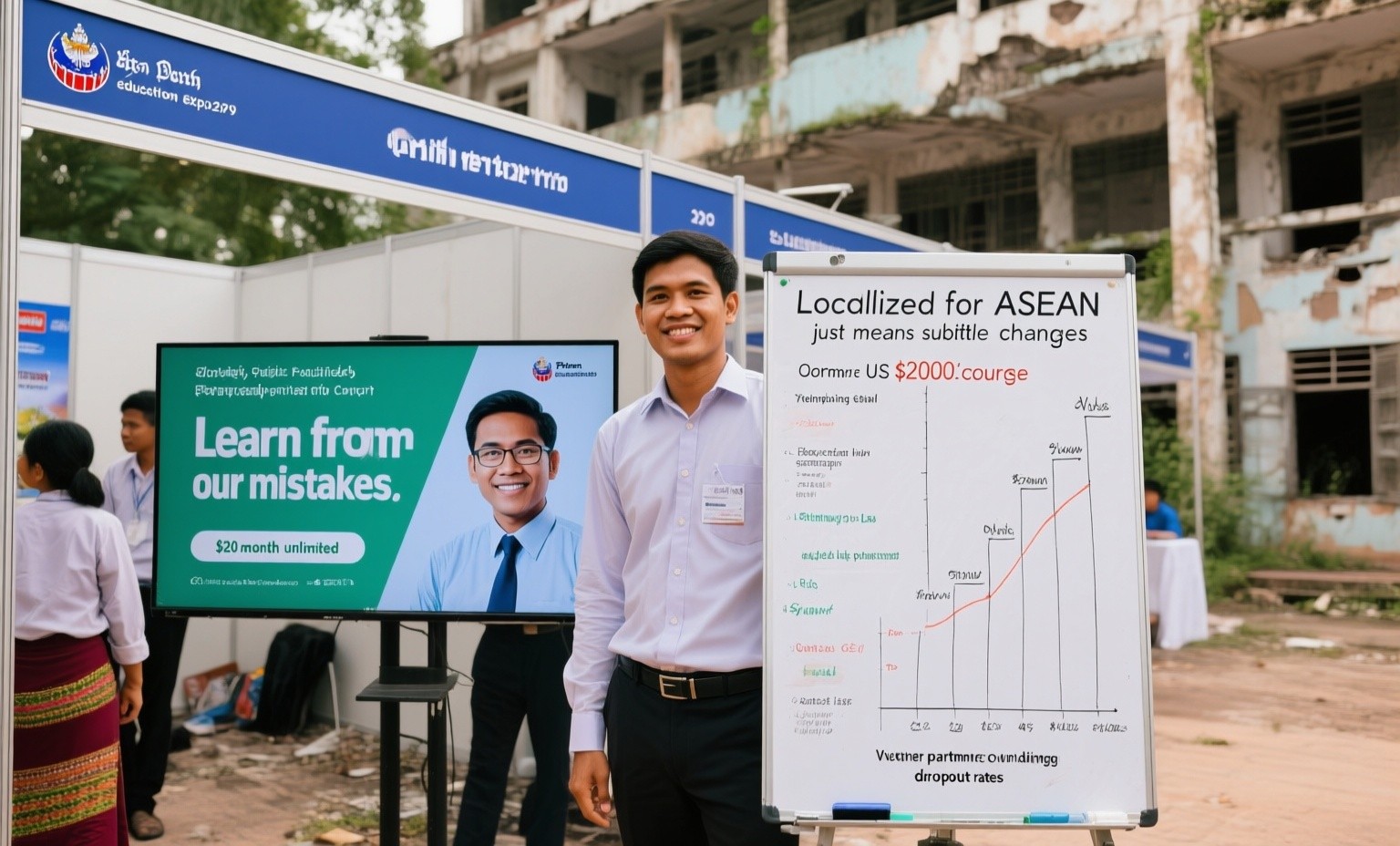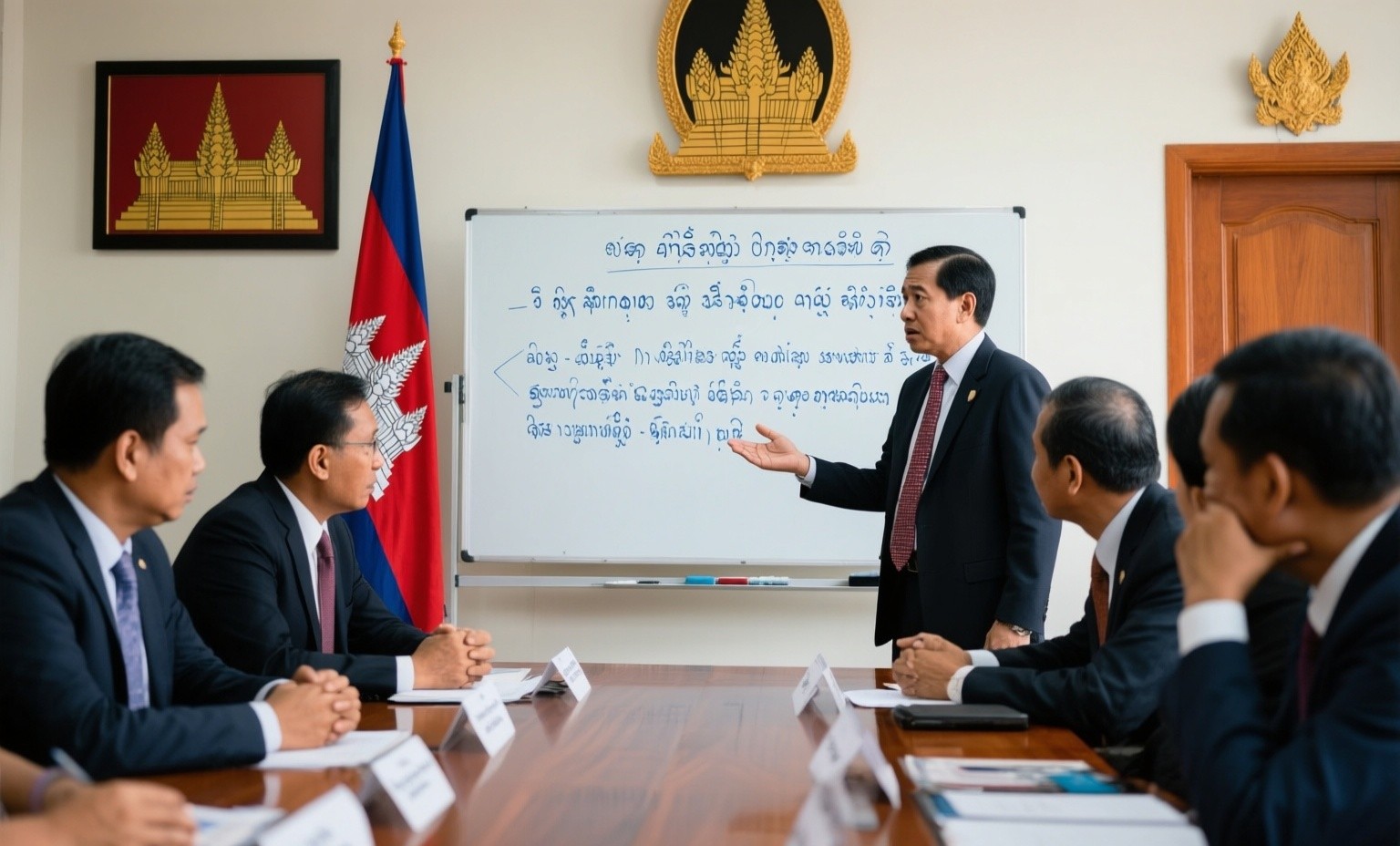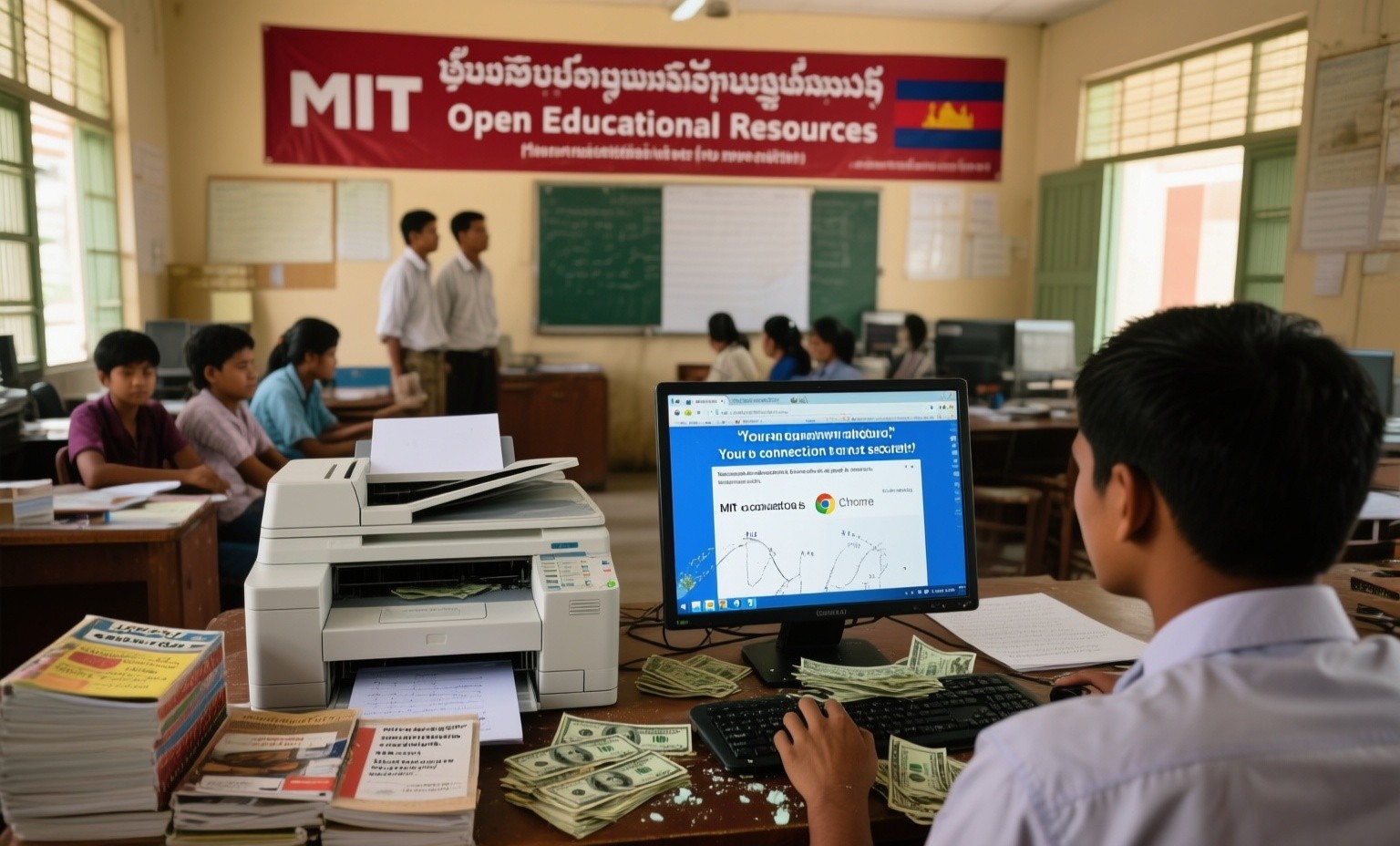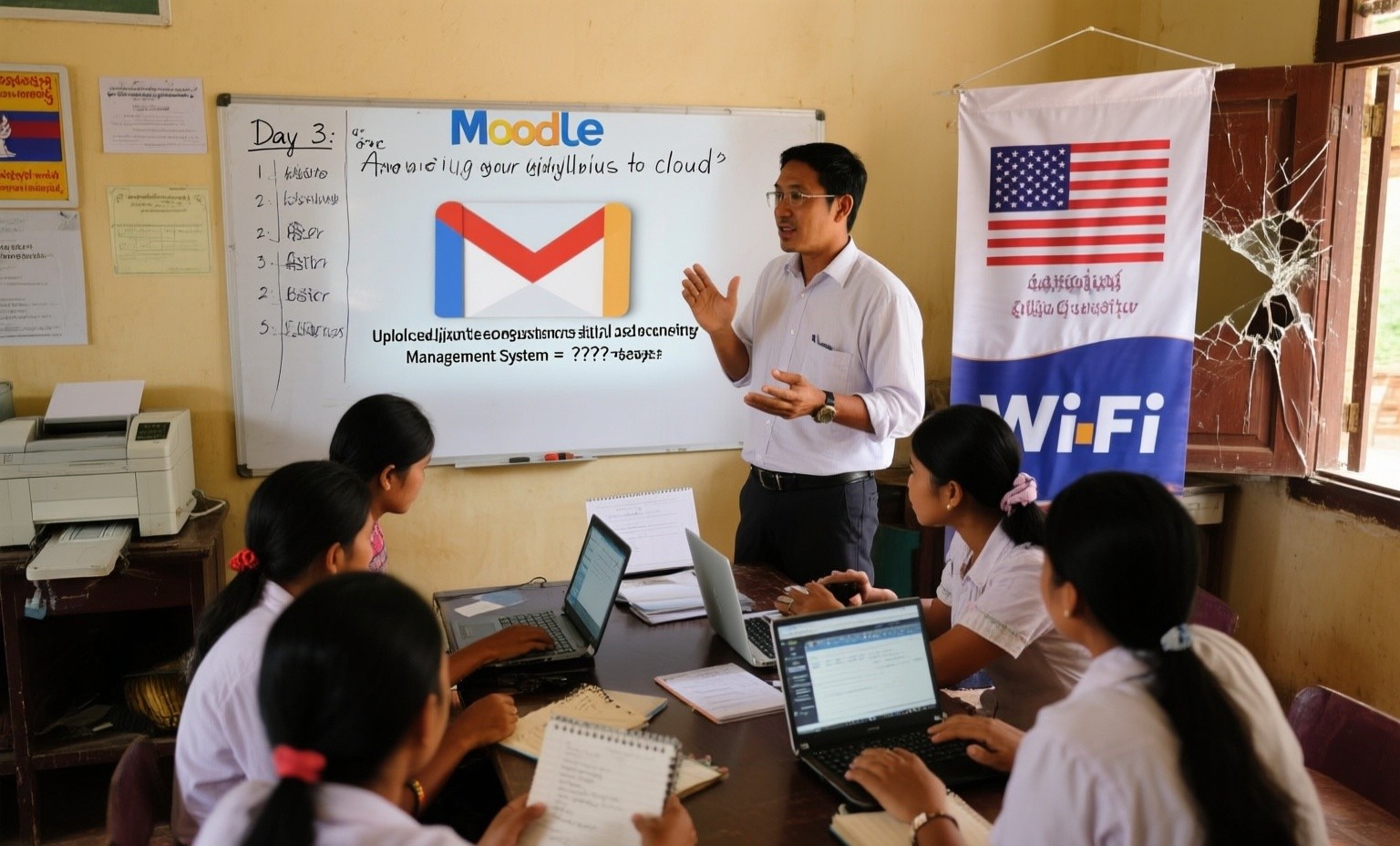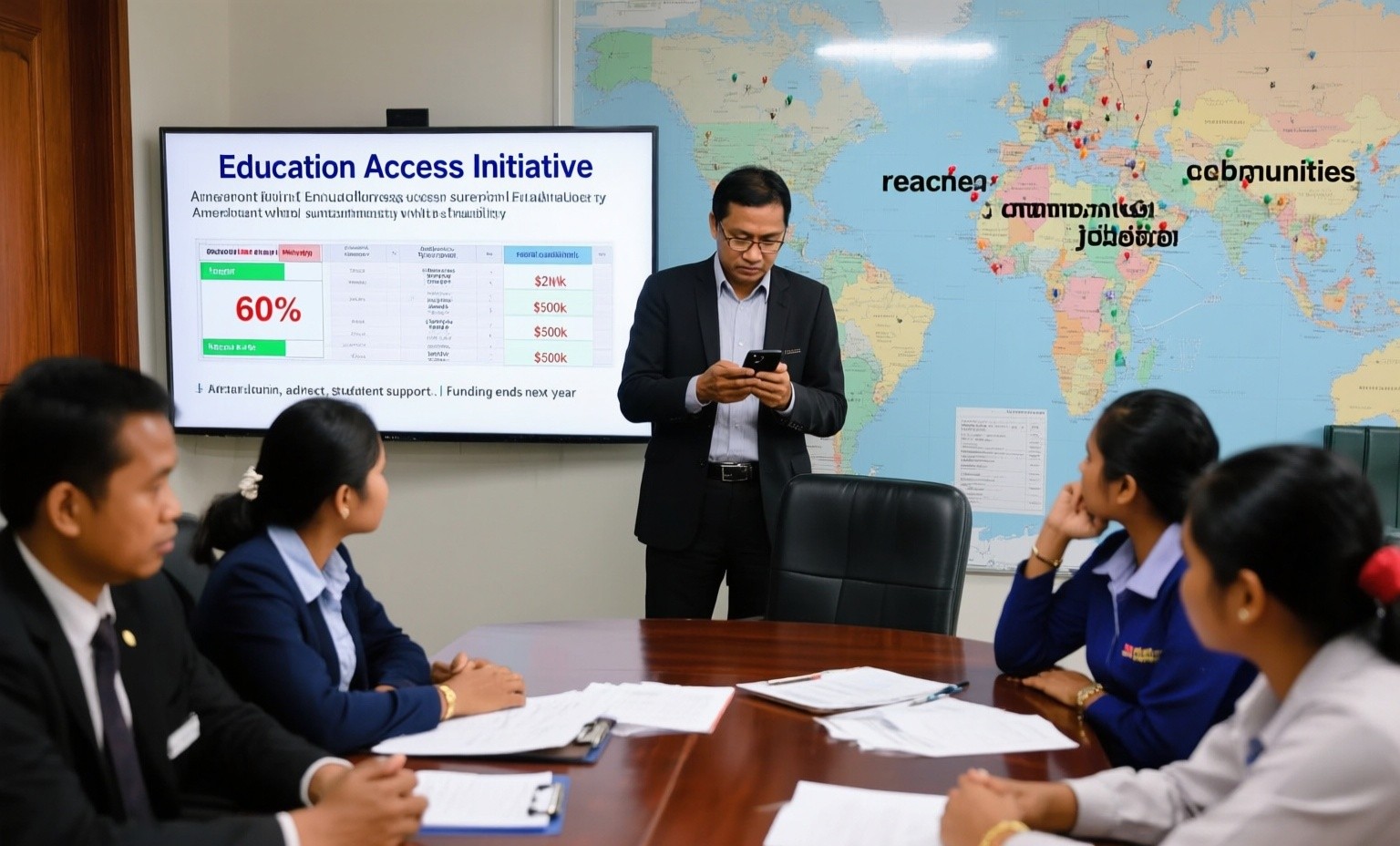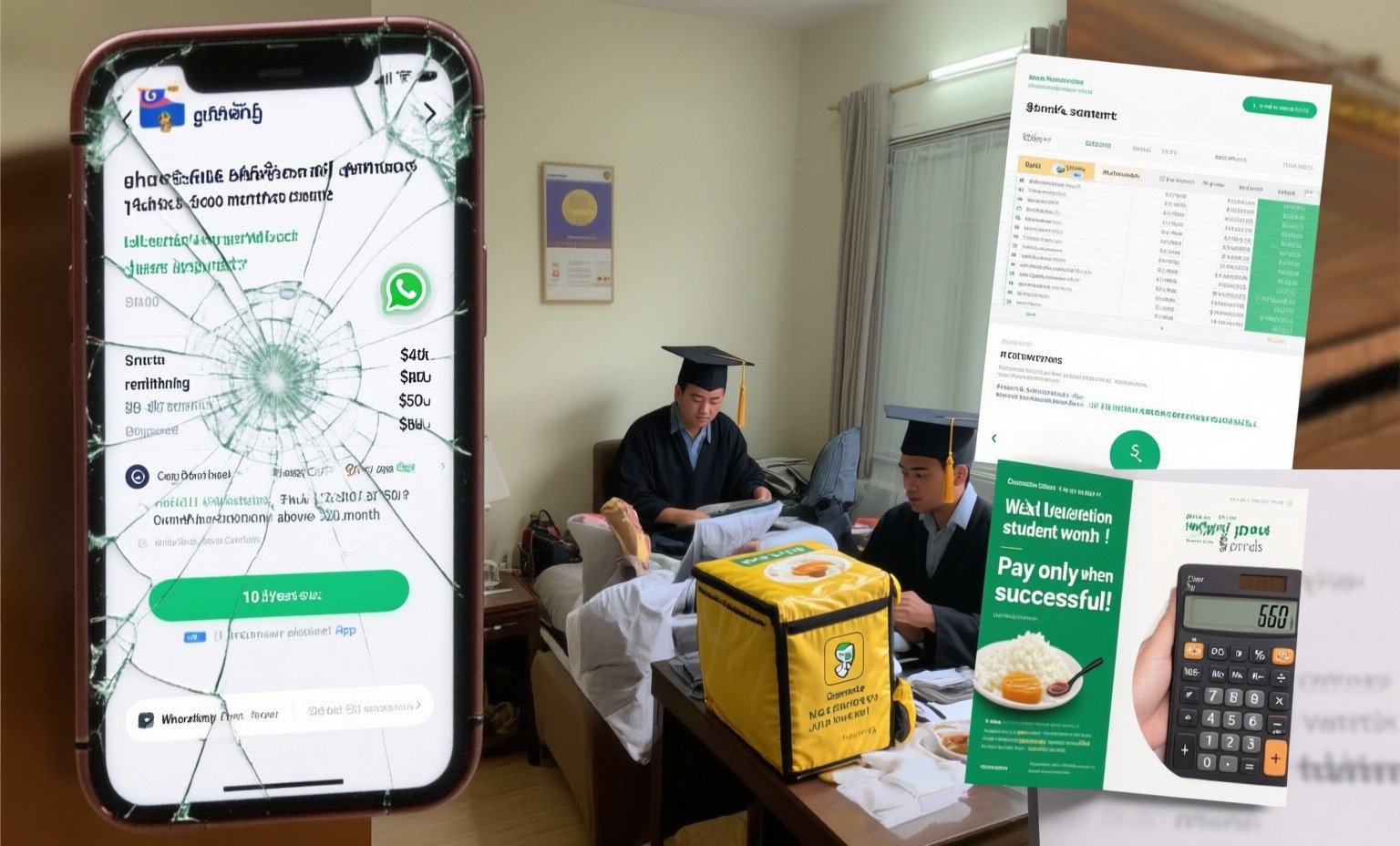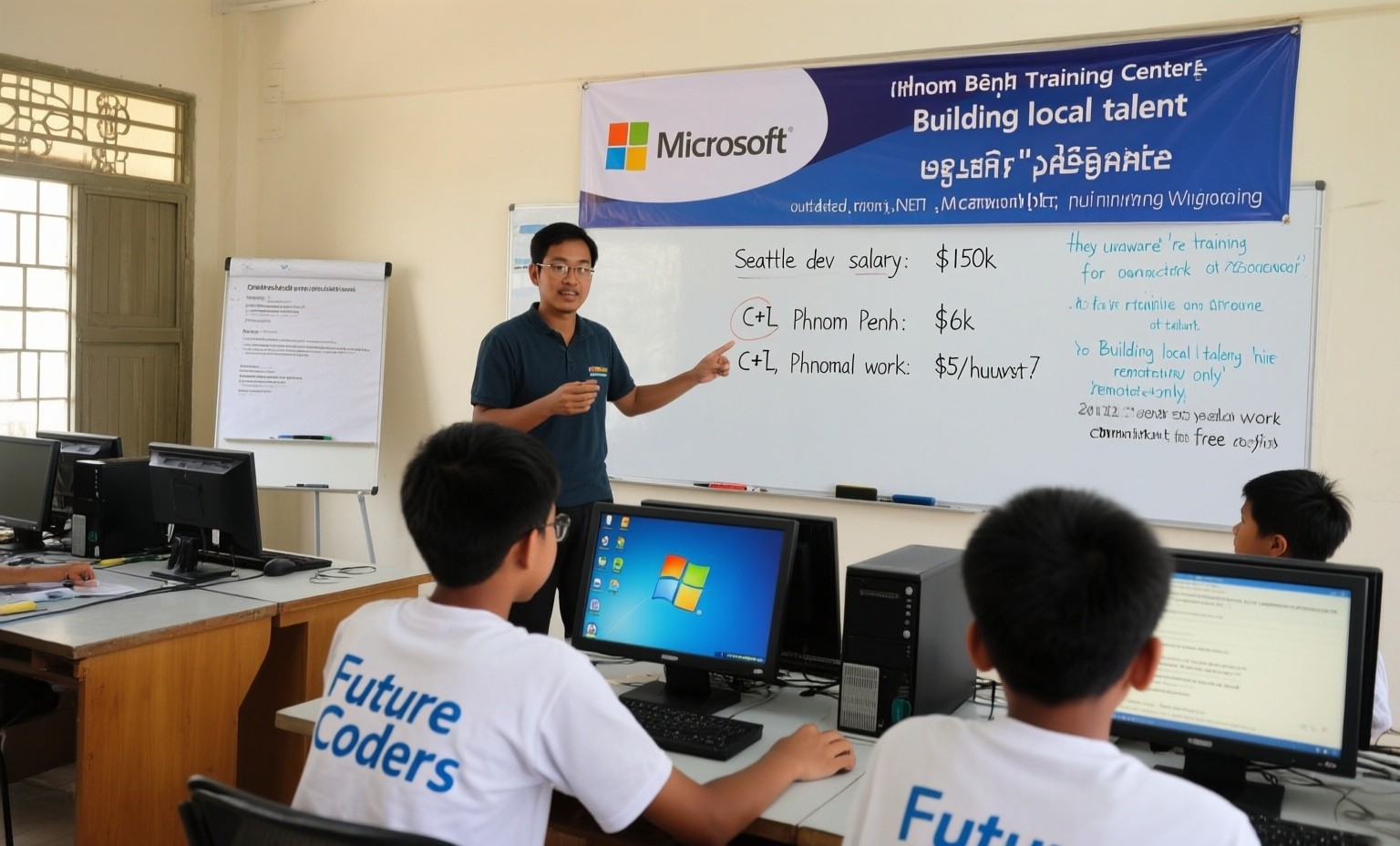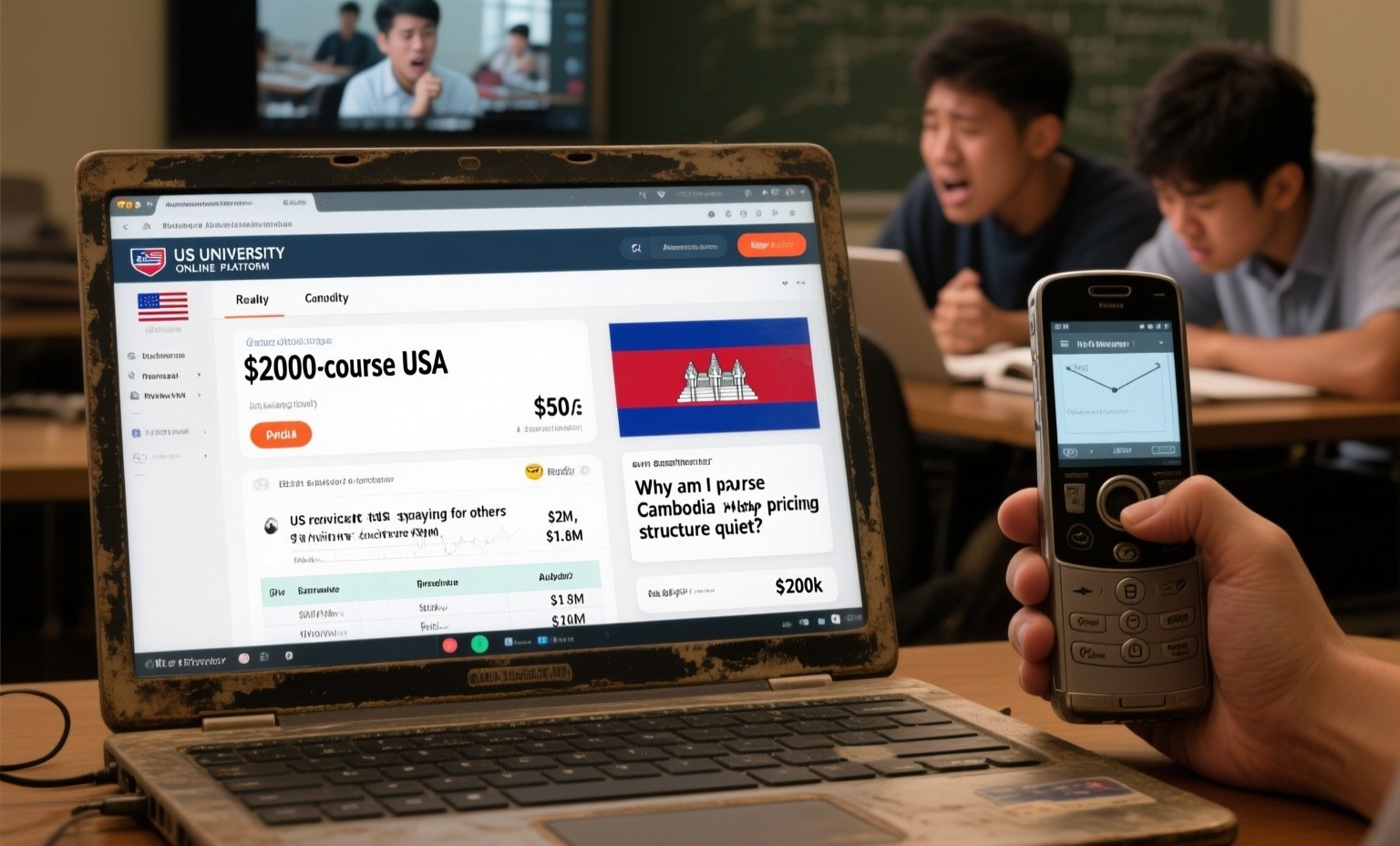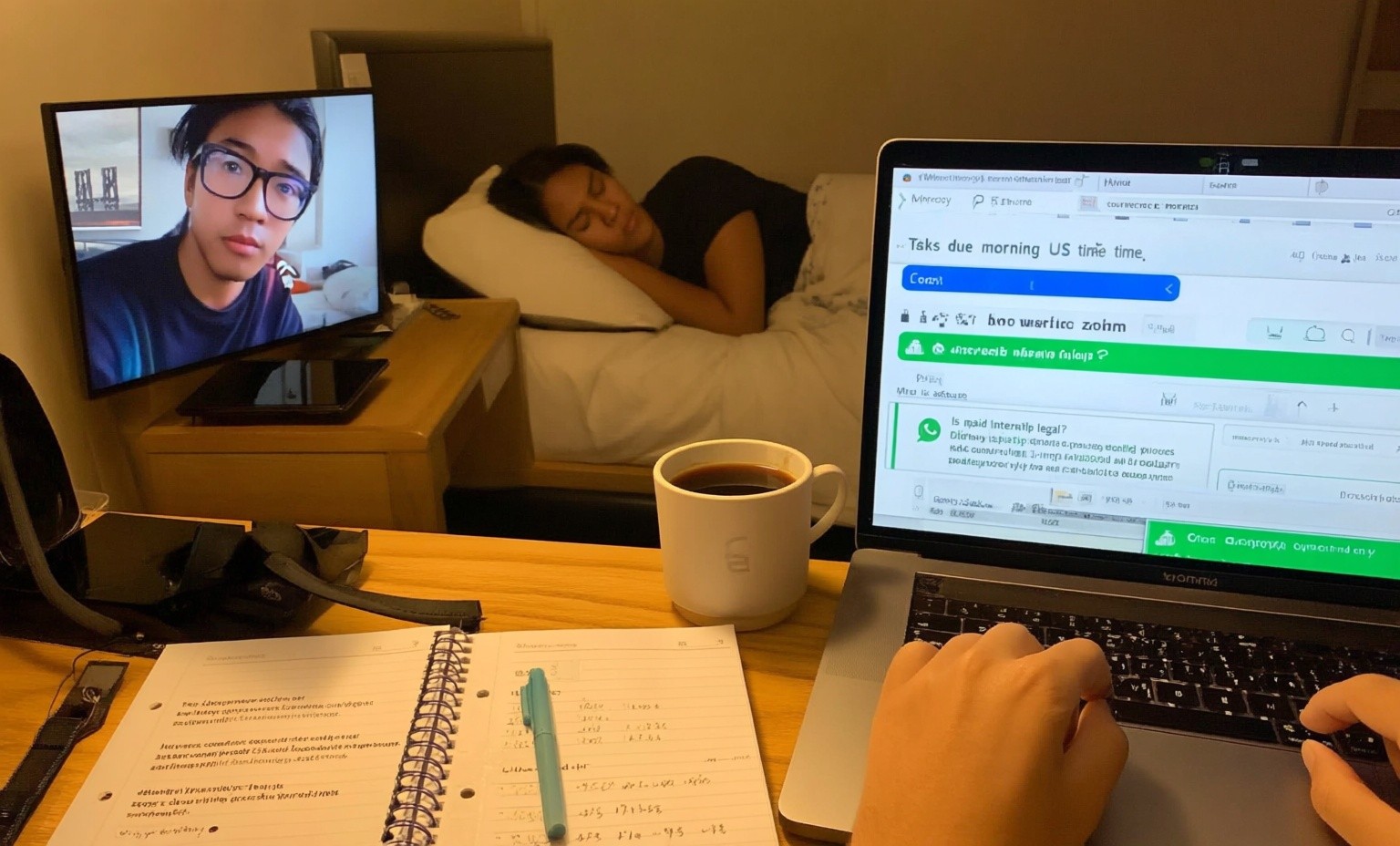From recipients to exporters: How countries like Cambodia eventually become regional online education hubs after US partnership programs
The developmental trajectory from educational aid recipient to regional education exporter represents a transformative progression where countries initially dependent on foreign partnerships for quality higher education access eventually develop sufficient institutional capacity, quality reputation, and technological infrastructure to attract international students from neighboring nations, becoming net exporters of educational services rather than perpetual importers consuming … Read more
